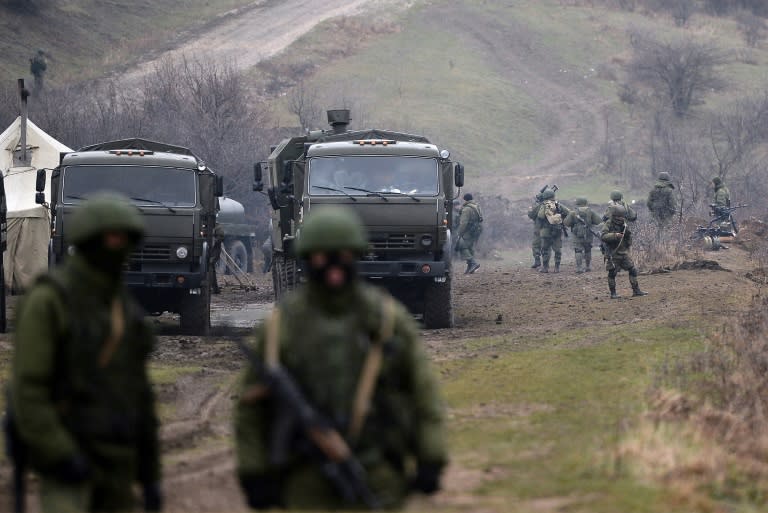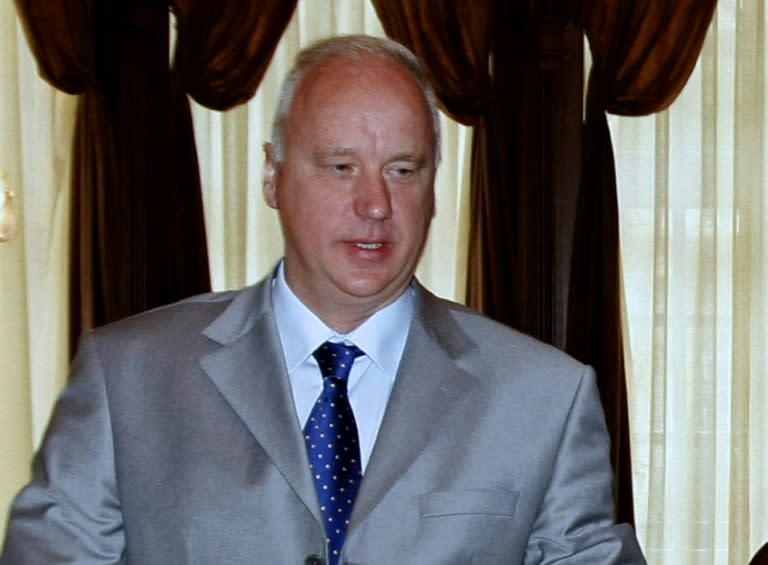Russian security chief urges sweeping crackdown to counter US influence
The powerful chief of Russia's equivalent to the FBI on Monday called for sweeping new rights restrictions, including curbing Internet freedoms and making it illegal to question Moscow's annexation of Crimea from Ukraine. The head of Russia's Investigative Committee Alexander Bastrykin backed a radical crackdown citing th need to counteract the "destructive" influence of the United States. "It's time to stop playing at pseudo-democracy, following pseudo-liberal values," argued the official in charge of the country's most high-profile criminal investigations in a comment piece in Kommersant Vlast weekly. Calling for Russia to impose a strong national ideology, he condemned "falsification of information on historical facts" and proposed outlawing any criticism of Russia's controversial annexation of Crimea in 2014. Russia should amend its extremism legislation to include "denial of the results of a public referendum," he said, likening this to an existing ban on Nazi propaganda. Russia is struggling with a "hybrid war, unleashed by the US and its allies" and has entered a phase of "open confrontation," he said. He accused the US of funding opposition parties that openly criticise the Kremlin, stirring up the recent fighting in breakaway Nagorny Karabakh and destabilising the Middle East by backing rebels in Syria. "I feel it is time to put up an effective barrier against this information war. We need a harsh, appropriate and symmetrical response," Bastrykin said. Russia and the West have seen ties slump to their lowest point since the Cold War over the crisis in Ukraine. Bastrykin praised China's blocks on websites of foreign media to "defend the national information space" and proposed that "to a reasonable degree we could very well add this experience to our armoury in Russia." Bastrykin also called for all religious, cultural and youth organisations in the country to be subjected to a "wide-scale and detailed check" to see if they were supporting extremism. He proposed stripping benefits to families of those convicted on charges of extremism and terrorism and confiscating their property, echoing Stalin-era practices. "Someone who chooses to commit these crimes should know that not only will he be buried in an unmarked grave, but he will also strip his close relatives of support from the government," Bastrykin said. Chechen leader Ramzan Kadyrov in 2014 vowed to destroy the homes of relatives of insurgents, prompting the torching of several houses. He was rebuked by President Vladimir Putin, who has now backed him to serve another term.



